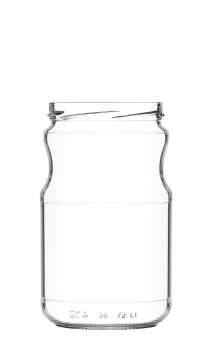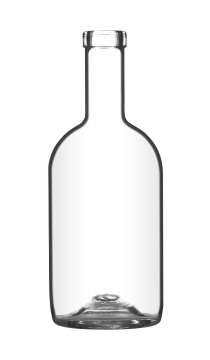Do Glass Bottles Affect the Taste of Beverages?
The question "Do glass bottles affect the taste of beverages?" is a significant topic of discussion in our daily lives, especially concerning the quality of beverages and consumer experience. While the packaging is often questioned as the primary cause of any noticeable change in the taste of food and drinks, glass bottles play a crucial role in preserving and presenting beverages in the best possible way. Let's take a closer look at glass bottles and their impact on beverages.
Properties of Glass Bottles
Neutral Material: Glass is known for being a neutral material that does not affect the taste or smell of beverages. Thanks to this property, glass bottles preserve the original aroma and flavor of your drink. While beverages packaged in other materials may experience changes in taste over time, glass bottles minimize this risk due to their inherent characteristics.
Resistance to Chemical Reactions: Glass does not chemically react with beverages. This is especially important for acidic drinks like fruit juices or carbonated beverages. While oxidation in metal containers can spoil the taste of the beverage, glass is highly resistant to such chemical reactions.
Advantages of Glass Bottles
Freshness and Preservation: Glass bottles keep beverages fresh and flavorful for longer compared to other materials. When used with airtight caps, glass bottles minimize the contact of the beverage with oxygen, preventing spoilage.
Eco-Friendly: Glass bottles are recyclable and reusable. Unlike other materials, glass bottles do not leave long-lasting residues in nature. This makes glass bottles an environmentally friendly option.
Aesthetic and Premium Perception: Glass bottles create a more attractive and premium perception aesthetically. This perception is particularly important for wine, beer, and specialty drinks, as glass bottles reflect the brand's quality and value.

16.07.2024







